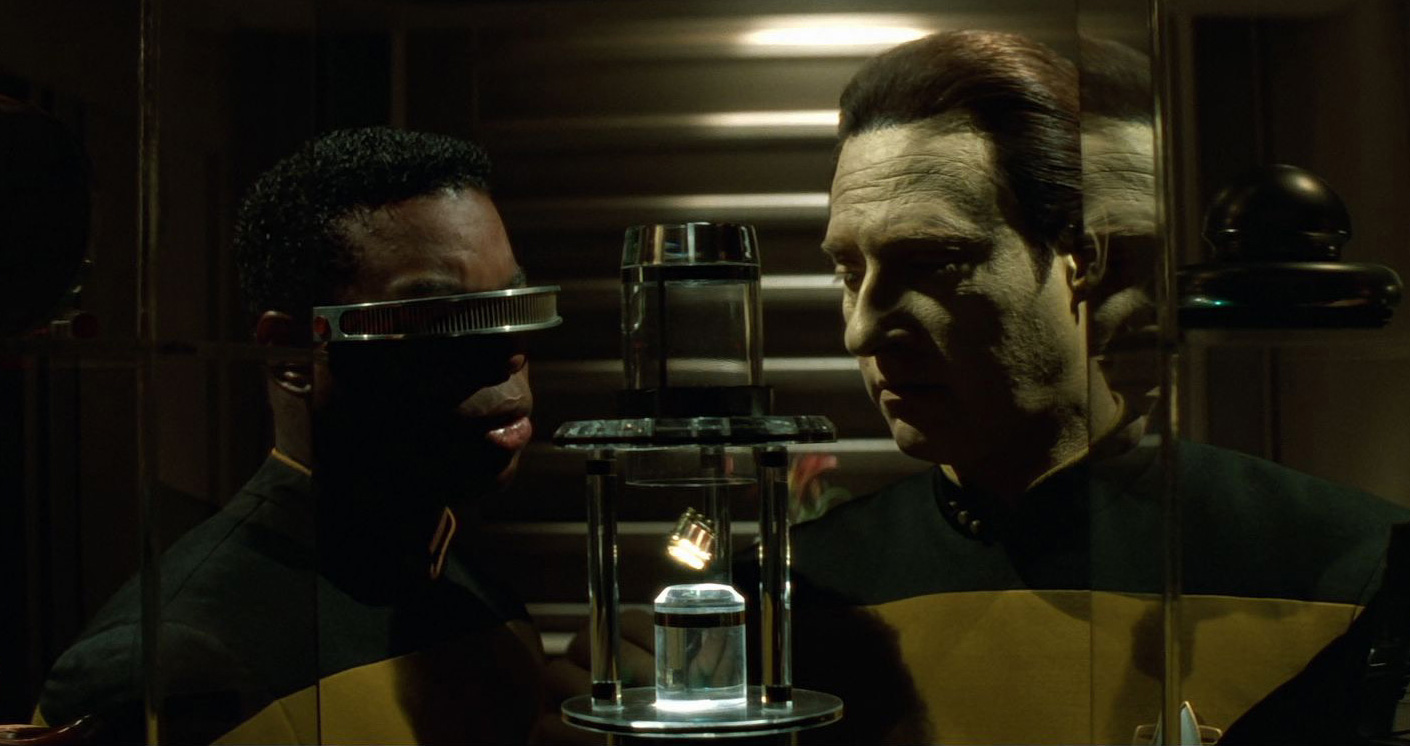|
home | what's new | other sites | contact | about |
|||
|
Word Gems exploring self-realization, sacred personhood, and full humanity
Editor's 1-Minute Essay: Humor
What is humor? Funny you should ask. Unfortunately, I don’t have a final answer for you, but let’s chip away at it. As with any universal idea, much might said, far too much to address here. Even so, there seem to be certain major elements of humor that should be acknowledged (possibly you might like to first review the Stanford article as I will refer to it).
Humor’s checkered reputation in history The Stanford article would have us know that humor, until only somewhat recently, was viewed as something negative. The ancients often associated it with base passions of scorn, sarcasm, mocking, something destructive to the enlightened spirit. We are tempted to ask, didn’t anybody back then ever tell a little joke like, “Socrates, Aristotle, and Plato walk into a bar…”
Humor as healing and relief There is something to “cathartic relief.” People want to laugh in order to release tension and nervous energy. In the Kairissi and Elenchus dialogues, she explains her need to laugh with him. Their trauma of long separation had inflicted a psychological damage, and instinctively Kairissi senses that humor will begin to heal her grief-stained spirit.
Humor and the “incongruity theory” Forty-some years ago, when I knew nothing of the theories of humor, a college instructor asserted that humor represents a sudden shift in perspective, a jarring realignment from what we assumed to be the case to some new framing of the issue. This is the "incongruity theory."
Humor as playfulness While humor might begin to heal a sorrowful spirit, humor essentially knows no utilitarian benefit. People engage in humor, like Mortimer Adler’s “fine arts,” just for the pleasure of it, as an end in itself. Something in us just wants to play and have fun.
So, what is humor? What does humor tell us about what the human condition? There are many aspects to humor, but I think the most basic and important one relates to playfulness. Data in STNG lacked an “emotion chip,” the possession of which, he felt, would allow him to become quintessentially human. He may have been correct.
Mystics speak of “the cosmic giggle”; that, a defining element of God’s mind is one of playfulness, a joy to be alive, a celebration of simply existing. On the “Animal” page I suggested that some of this cosmic joy and playfulness – a representation of God’s mind – is to be found especially in baby animals. I remember, when I was a young boy, each spring Dad and Uncle Joe would transport cattle to a summer pasture. I looked forward to this annual ritual as it would be a time to have fun with my cousins – I seem to have been a baby animal then. As the cattle disembarked from the truck, the little calves, just many weeks old, demonstrated their joy for the verdant open spaces of lush pasture; not only would they begin happily running but would kick up their hind legs in joyous celebration. Even as a child, I marveled at this spirited, wanton exuberance.
And I think humor’s greatest gift, its essential essence, is that of playfulness, a natural expression of the joy of living, a part of God’s mind which we posses as having been “made in the image.” Swedenborg, in his mystical visions of Summerland, reports that the defining characteristic of Twin Soul lovers is one of laughing with and teasing each other, as they very much enjoy each other’s company.
Kairissi (in "Prometheus") believes that her chronic condition of grieving spirit will be healed by the presence of Elenchus with his light-hearted interaction. Why should this be so? Many lovers speak of their mate's sense of humor as a most precious gift to be received. Why is it so important? We suspect that if joy is a predominate element of God's mind, and if Twins reflect Mother-Father God's oneness, then for Twins to be apart, "sundered," is a most unnatural condition and will result in extreme grief and sorrow. Healing can be found only in their return to the joy of oneness -- a polar-opposite antithesis of the great sorrow of losing a dearly beloved -- which will manifest as playfulness, laughing, and teasing.
And what about the “incongruity” of humor? Here’s a good example: Introduction to “The Cello Song,” The Piano Guys Live: “Tonight, I’m on stage because my father never gave up on me… He said I’d never play Carnegie Hall; well, I showed you! (laughing) -- He never said that, he was always way positive.” This little switcheroo caught me totally off-guard, and I laughed out loud. Here we are, the audience, prepared to receive a polite and studied eulogy directed toward the character-shaping efforts of a parent. It’s all very nice, we silently chant to ourselves, as we begin to tune out, as we might when watching someone else's home-movies. But then the bucket of cold water is splashed on us! The speaker turns everything on its head by very playfully suggesting that “ he never gave up on me” is to be construed as “he never stopped belittling me”! - how jarring, how incongruous! And so we say this is “funny.” We laugh. But what does this mean? Why not be like Data and mechanically say, ”I understand the anomaly, the whimsical juxtapositioning of unlikely mental images”? But we don’t do that; instead, we laugh. I see two reasons why “incongruity” registers with us as something we call humor: (1) It’s the playfulness, it’s the mischievous mental pairing of unlikely bedfellows – we’re playing with ideas and mixing-and-matching them as a happy child playing with blocks and Legos. It's all creative and fun. But there's something more: (2) It's the joy of insight. In that flash-moment of realization that the cello-musician is putting us on, there’s a certain pleasure derived from the insight itself. This pleasure of insight is a subset of something else. Think of a larger aspect. For example, maybe you’ve studied a bit of math and have looked into the marvel and wonder of different sizes of infinity. Take yourself back to the breath-taking moment of perceiving the non-intuitive realm of an “infinite number of infinities.” Recall the sense of being overwhelmed by the beauty of this new vista. A stunning glimpse into the mysteries of science and math will be several orders of magnitude greater than what we might feel upon hearing the cello-musician’s little joke, but it’s of the same order. The incongruity of humor, and our subliminal quest for its resolution, suggests a predisposition to the joy of insight; which is another aspect, again, of God’s mind. The human spirit seems inclined toward delighting in the truth, and the process of bringing it into focus. Laughter, on a deeper level, is an involuntary exaltation, a spontaneous baby-animal joy, of having caught a glimpse of what's real, a particle of the truth. Understanding the essence of a joke comes to us not a function of the rational mind, as such - because if you try to explain a joke it's no longer funny. Much more, humor is a child of the intuitive realm of knowledge, a sudden burst of creative insight. Humor and laughing is a signal, to ourselves, that we’ve entered, at least the vestibule, of a higher level of consciousness; a process of becoming more like God. It’s an accessing of the joy, a stunning realization, in beginning form, of simply being alive. (See Richard Burton's comment that lovers laughing together is the "height of eroticism.")
|
|||
|
|





